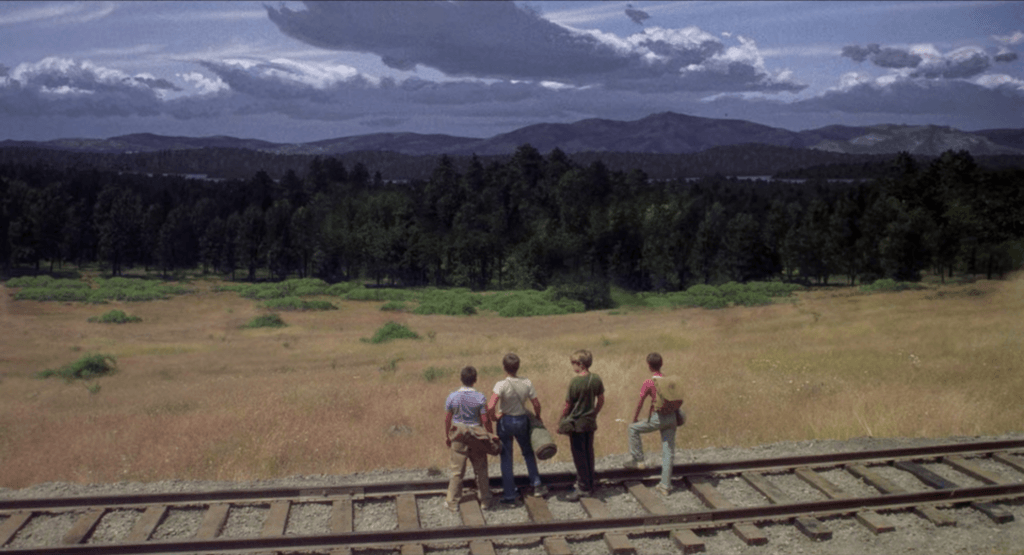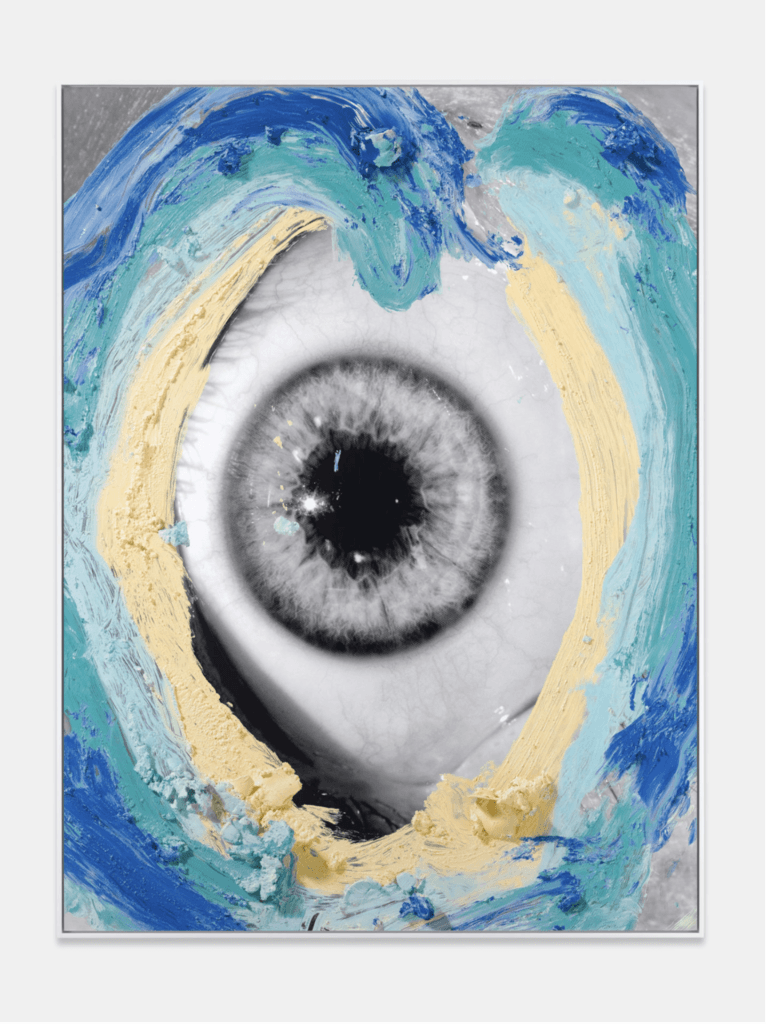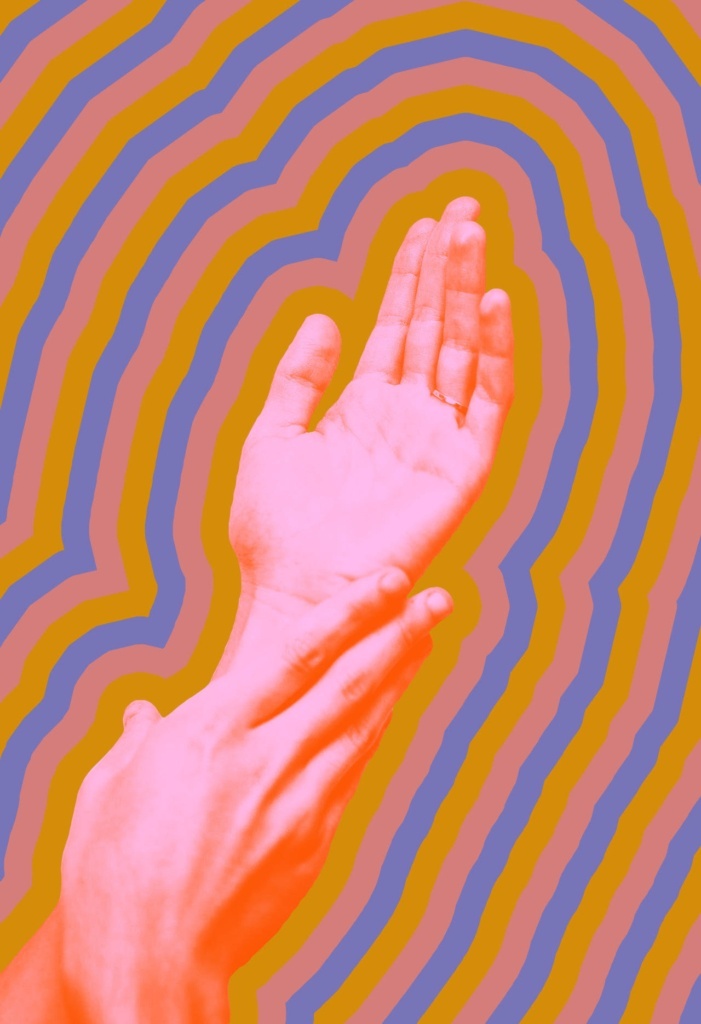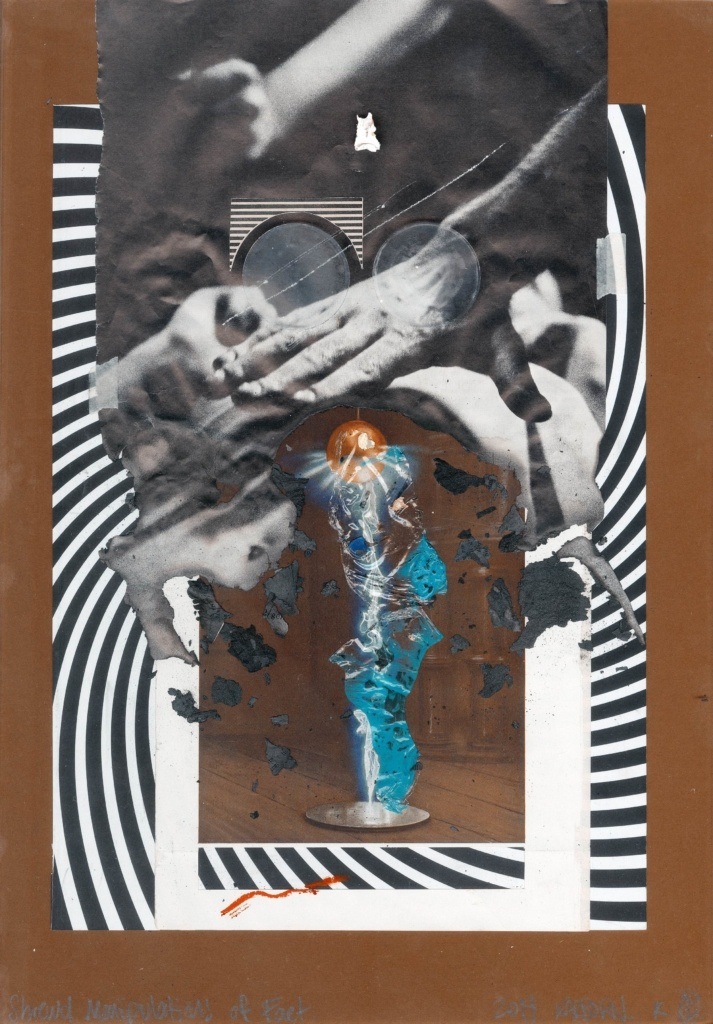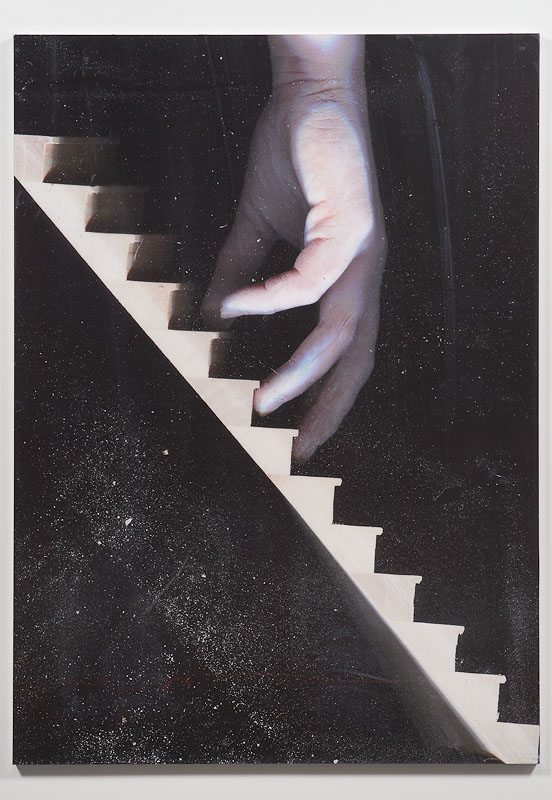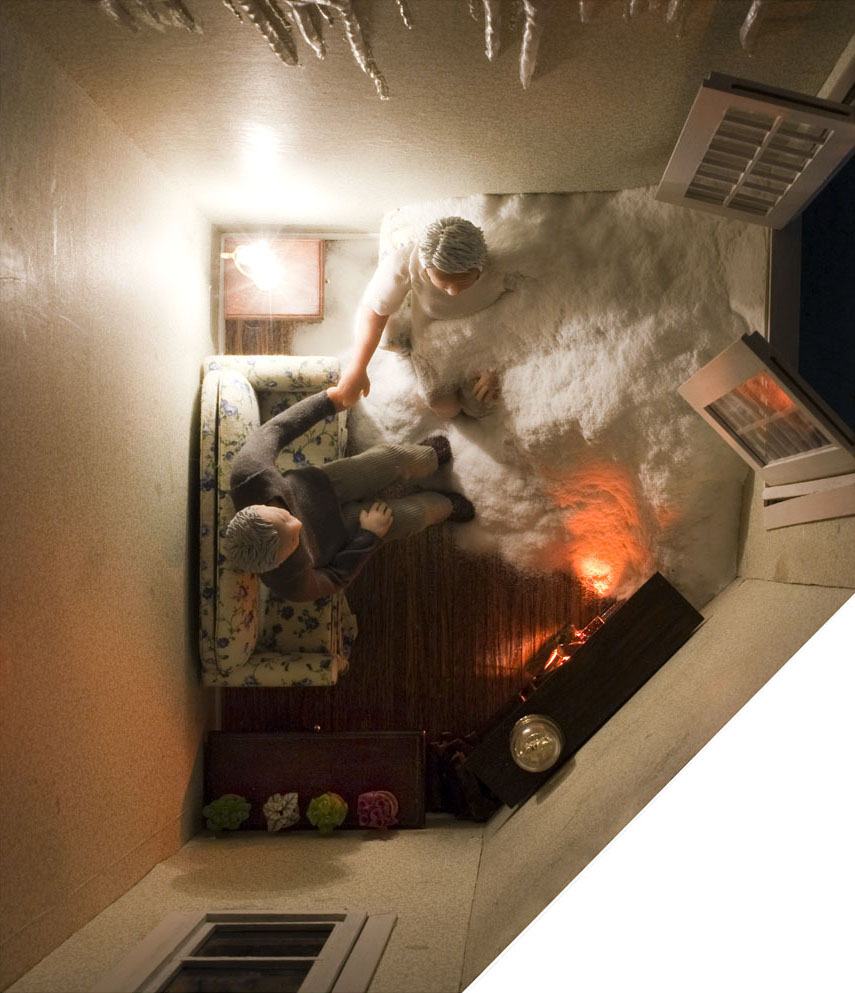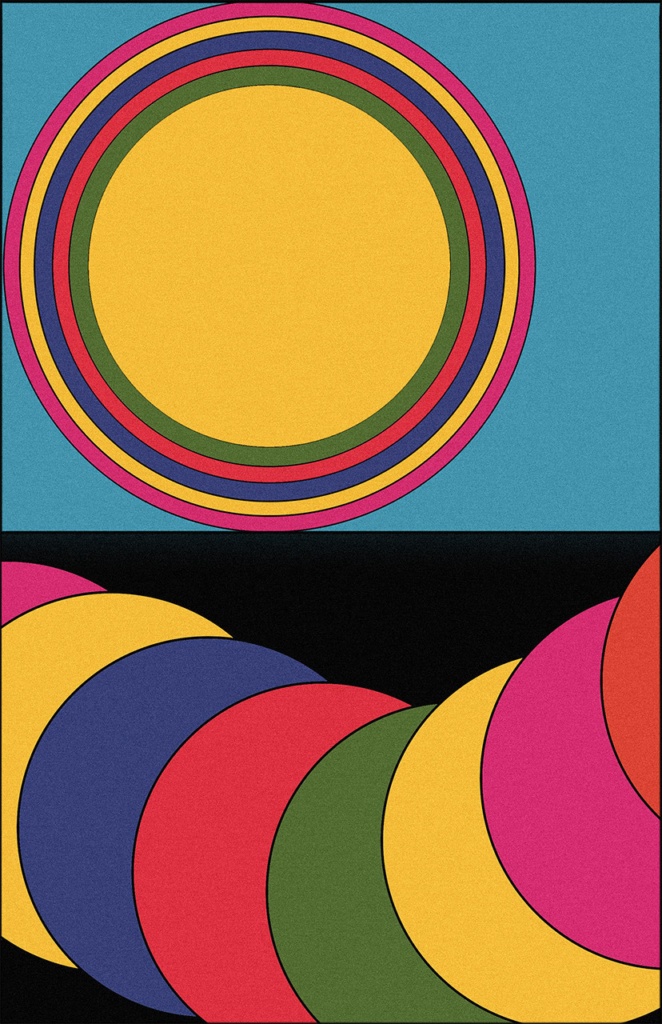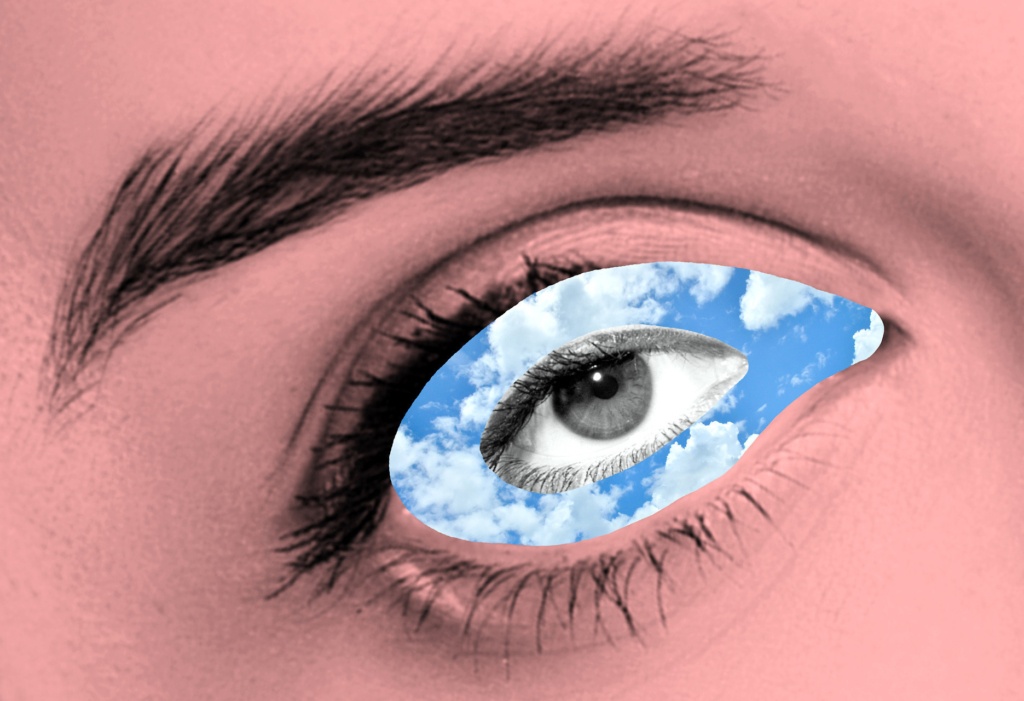Topics
New Feelings
New Feelings is a column devoted to the desires, moods, pathologies, and identifications that rarely had names before digital media
Nostalgia for Nostalgia
Watching old movies reveals a chasm between seemingly once-possible “off-grid” experiences and the continuous connectivity that persists today, arching between childhood and later stages of life. The way our timelines excavate our own pasts for us not only makes remembering from a distance less possible — no longer are we narrators remembering a singular bygone era — but contemporary storytelling too is morphing away from the “closed chapter” adventure into narratives that takes this sustained connectivity into account.
Reality Disappointment
The concept of a “normal” on the other side of Covid has merged with the concept of a “real world” beyond the screen — ridiculous but emotionally convenient. After so much loss and disruption, to feel “normal” would be much stranger than whatever it is we feel.
Seen By
Social media platforms offer visibility features that show who is “lurking” on you. Because they offer the smallest possible units of attention — literally, “seen by” — they offer unlimited possibilities for narrativizing and mythologizing our relationships with others
Unfleshing
Beauty, fashion, and wellness brands have adopted the physical standards of tech giants, reframing the body as a vessel for optimization and utility rather than the historical feminine ideal. The desire is for a body better than human, indistinguishable from the tools it relies on.
Podcast Passivity
The thing people always say about podcasts is that they feel so intimate. The beautiful thing about intimacy is that, by letting other people in, we are reminded that our lives are porous, that the difference between humans is arbitrary and surmountable. Of course, that’s the horrifying thing about intimacy, too.
Emotional Oversight Committee
In my relationships, I often argue as if an outsider is listening, as if bells will ding at each well-landed point. The desire for some adjudicating presence — call it a social oversight committee — seeps into the way we conduct ourselves, even if we know it’s foolish. The point is the sense of a higher, third-party mediator, not the consequence of their deliberations.
Roach Complex
Body horror memes travel well on platforms like Twitter, because they express our sense that the platform itself is taking us over — rewiring our minds and bodies, and transforming us into the very thing we love to hate.
Screen Protectiveness
My habits and tendencies are witnessed by algorithms that uses them to reconstitute me as a consumer. Allowing a human being access to that same material feels more uncomfortably intimate, even if I know it’s less harmful. When someone touches my phone or computer, I feel a frantic impulse to explain: I’m more willing to be exploited than I am to be judged.
Ungoogleability
My notion of God — a transcendent intelligence that sees and knows me — has merged, in effect, with a technological reality that has come to assume many of the same powers. I know this isn’t true, but it’s still a minor shock to realize that though the internet possesses many facts about me, it doesn’t actually know who I am at all.
Selfish Intimacy
Phatic Checking
Checking the news has become phatic, like small talk; it’s enough to know I’m connected to the channel of information, like tapping the keys in my pocket every few minutes to remind myself I can still get into my apartment. Turns out the isolated act of “paying attention” is a bad criterion for political engagement.
Kid Brain
Watching old toy commercials on YouTube is a lot like consuming generic ASMR videos. The toys they advertised used tactile cues to create a sense of peace. There were no sets or stories, or competitions to win; you were only meant to pay attention to the way the objects made you feel. Today, this highlights the importance, and the difficulty, of activity without a productive goal.
Involuntary Lurking
Stalking and creeping carry clear negative connotations. But social media lurking feels to me more like a state of readiness, or hovering. It has become a way to cope with an often false promise of reciprocity — that knowing each other better will make us kinder.
